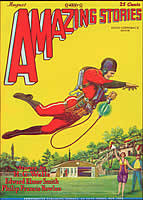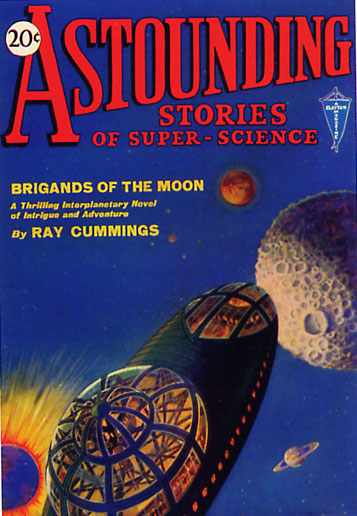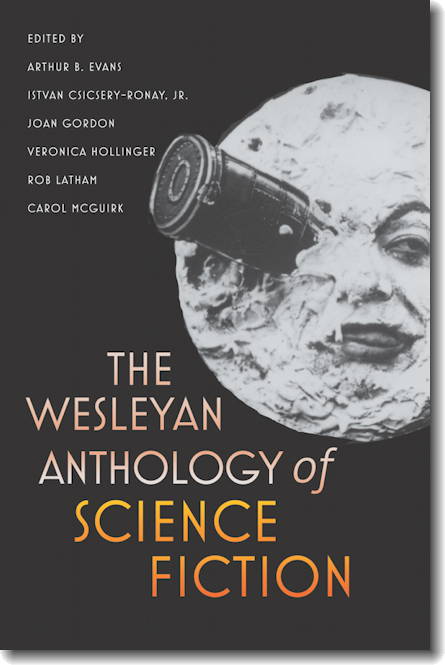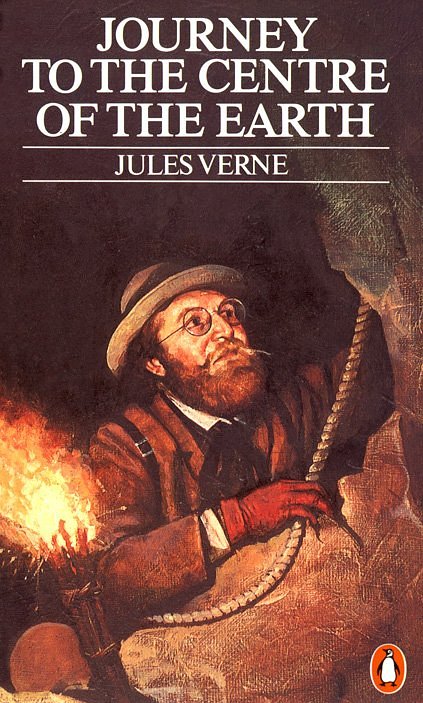
DePauw
University
HONR101: Honor Scholar Seminar

Science Fiction
Dr.
Arthur B. Evans
EC 204, aevans@depauw.edu
home page: http://academic.depauw.edu/~aevans
(site last updated: December 2014)
Course
description:
In our Western society, the natural sciences and the humanities are often
viewed as "Two Cultures," as C.P. Snow once called them. And
with today's continuing specialization and fragmentation of knowledge,
the gulf between them seems to be growing ever wider. This course will
examine a fictional genre that purposefully bridges these two worldviews:
science fiction (SF). As a literature of speculation and "thought
experiment," SF has a long tradition of raising fundamental questions
about how we define ourselves, our reality, and our possible futures.
Through a selection of readings from pre-Jules Verne to post-Cyberpunk,
we will focus on a variety of recurring philosophical and social themes
in SF--technology and human values, gender and identity, alienation and
the "other," cybernetics and artificial intelligence, etc.--and
how they reflect certain evolutionary currents in today's world and (perhaps)
the world of tomorrow. Accompanying the novels and short stories that
we discuss in class will be stills and movie clips from SF cinema, ranging
from classic films such as Frankenstein (1931) and Forbidden
Planet (1956) to more contemporary SF cinema such as The Matrix
(1999) and I, Robot (2004). Highly interdisciplinary and thematic
in nature, this course does not require a strong science background.
 |
 |
 |
Class
materials:
- The Wesleyan Anthology of Science Fiction (2010)
- The Prentice-Hall Anthology of Science Fiction & Fantasy (2001)
- Jules Verne, Journey to the Centre of the Earth (1864)
- weekly online critical readings
- Moodle
website
- daily sf filmclips
- books on reserve at Roy O. West Library

